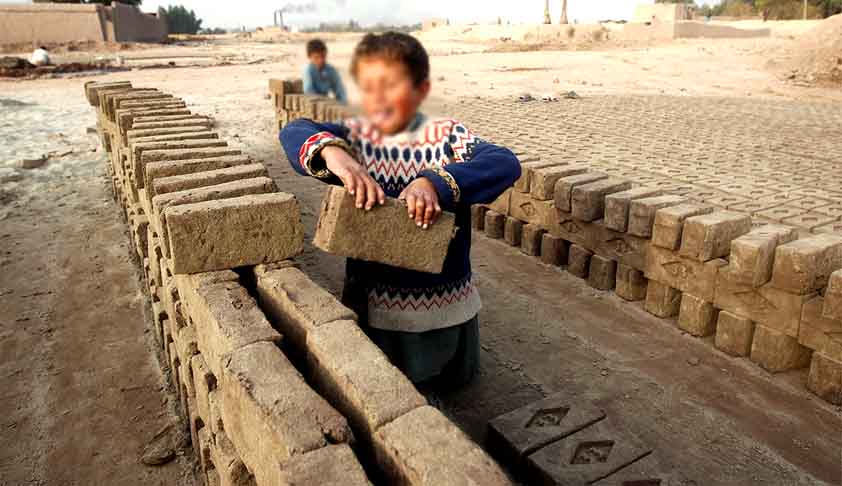India Ratifies Two ILO Conventions On International Day Against Child Labour
aasavri Rai
18 Jun 2017 10:34 AM IST

Next Story
18 Jun 2017 10:34 AM IST
An Indian Tripartite Delegation, led by the Minister of State for Labour and Employment (Independent Charge), Shri Bandaru Dattatreya participated in the 106th Session of International Labour Conference (ILC) was held from 5-16th June 2017.In a historic step towards eradication of Child Labour from the country, India ratified International Labour Organizations Convention No 138 (minimum age...
